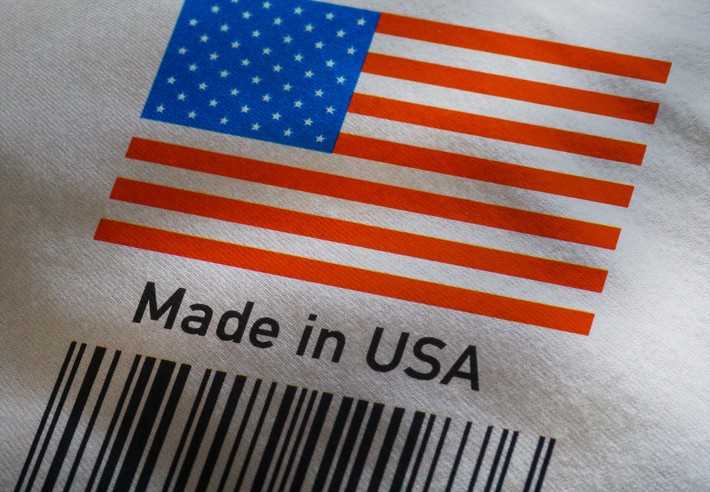How U.S. Manufacturing Could Change Under the Trump Presidency

With today marking the beginning of Donald Trump’s term as president, many are wondering what specific parts of the U.S. job market will change under his watch. While many of the details remain to be solidified and put into action, we can create a scenario for the U.S. manufacturing industry based on Trump’s past comments and the reactions that company CEOs have had to his comments.
Let’s assume he moves forward with calling for NAFTA to be modified or repealed. Enacted in 1994, the North American Free Trade Agreement makes tariff-free trade possible between Canada, Mexico and the United States.
- Many companies set up plants in labor-cheap Mexico before shipping finished products to the States without a tax penalty.
- Trump wants to either repeal NAFTA or add a tariff for goods imported to the U.S.
- He’s already hinted at this approach with Toyota.
- Other auto manufacturers are planning new plants in the U.S.
Let’s also assume that electric cars, such as those made by Tesla, will become even more popular and expand their production in the United States, releasing models that are more economical.
- Elon Musk, Tesla CEO, has invested in manufacturing facilities in Nevada, with more investment in human resources and capital on the way.
- Musk is an advisor to President Trump.
Consider security of intellectual property as a bigger priority for companies than cheap labor. The growing sophistication of manufacturing systems and the interconnectivity of the world have made it incredibly important to safeguard company information.
- This process is much easier in the United States, where access to skilled professionals and already-built networks can help protect company IP.
- U.S.-based companies that keep their plants at home can keep closer eyes on company information.
Anticipate a new tax for imported goods from companies that are considering relocating their plants to another country.
- Such a tax might not affect companies that are naturally based abroad, but it could be a significant deterrent to American companies considering moving away from the U.S.
- This policy would undoubtedly include tax breaks for companies that operate solely in the States.
Time will tell what specific actions the Trump administration will take in regards to manufacturing jobs in the United States, but we’re certainly in store for some kind of policy change, whether that’s tax breaks for companies that stay at home or high taxes for those that try to import their products back to American shores. How do you think manufacturing jobs will change under a Trump presidency? Share with us in the comments below.